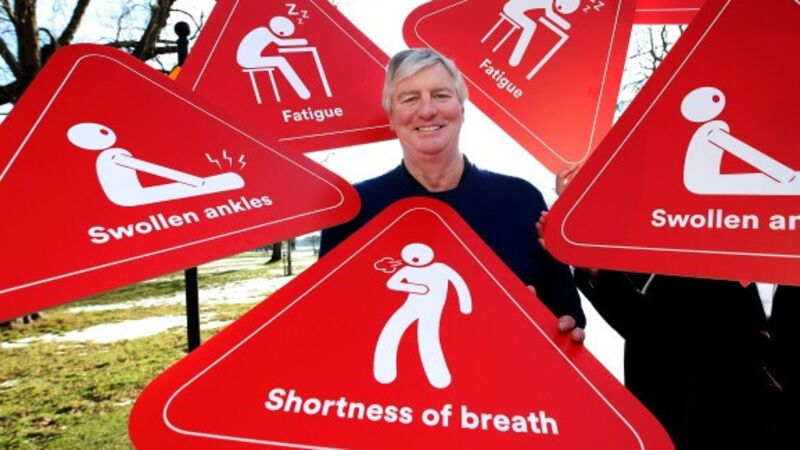Red flags: RTÉ's Michael Lyster on recognising the signs of heart failure

RTÉ’s Michael Lyster ignored blatant symptoms until his heart function was down to a dangerous 15%, says
VETERAN RTÉ sports broadcaster Michael Lyster must have witnessed some heart-stopping moments at GAA matches throughout his career, but none of it prepared him for his own cardiac issues which he has experienced over the past five years.











